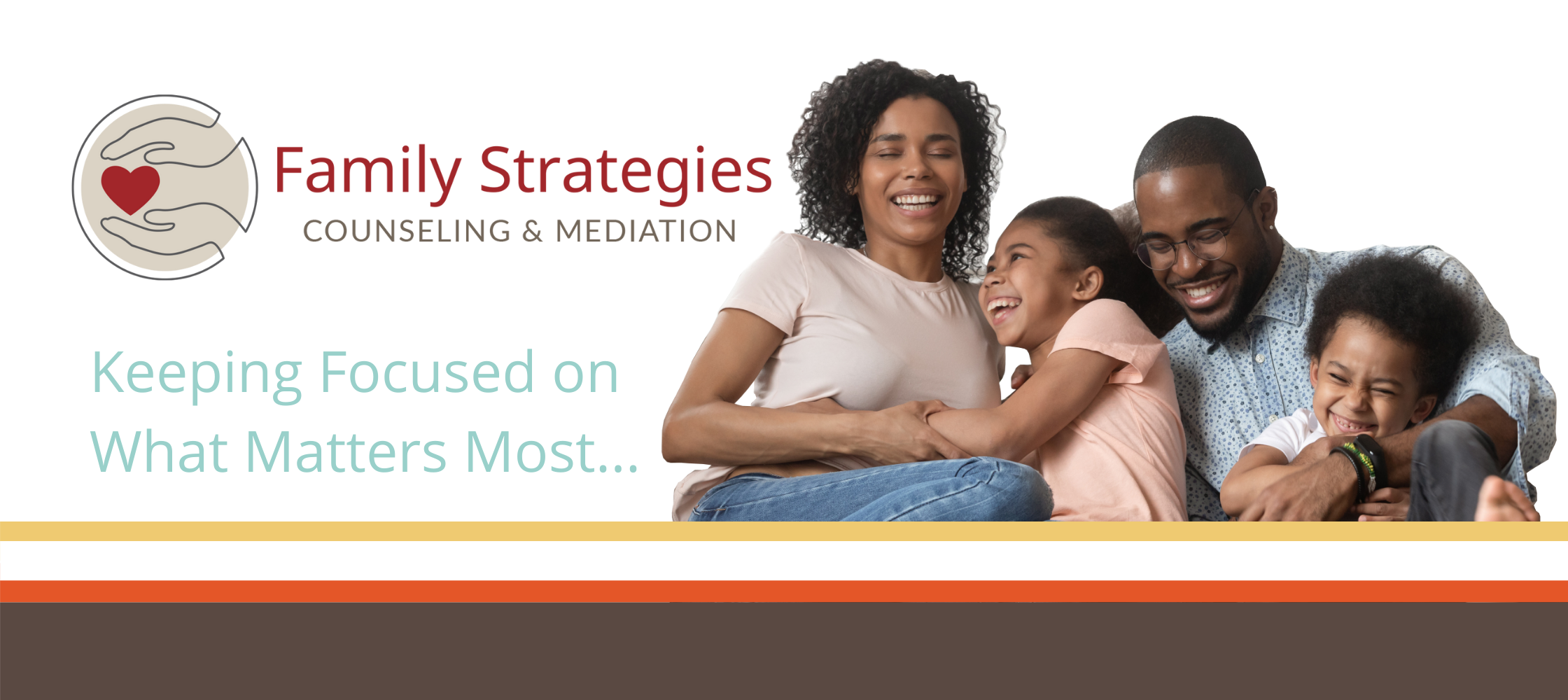
Play Therapy

Children don’t always make it clear when they need therapy because they cannot verbalize what they need or feel. If a child is excessively crying, aggressive, or experiencing unexplained bedwetting, seeking out a child therapist might be a good option. The kinds of therapy available for children range based on the issues they are experiencing.
Signs a Child Might Need to See a Therapist
Actions speak louder than words. As children are often unable to verbalize their pain, they can show it through their actions. Keep an eye on a child that is expressing behaviors that are not typical. These behaviors include:
- Uncontrollable Crying
- Anger or Aggressivness
- Social Withdrawl
- Clinginess
- Bedwetting or other regressive behaviors after they are no longer appropriate for the child’s age or mental capability
What Kind of Therapy is Available for Children?
Child therapy differs from adult therapy in that a therapist must tailor each session to the child’s development stage. Additionally, the therapy must change and grow as the child does. We recommend seeking out a therapist with specific training in researched-based methods for kids. The type of therapy needed will be different for each child, but there are four primary therapies.
Cognitive Behavioral Therapy (CBT)
As one of the most common therapies for children, CBT is beneficial for children experiencing symptoms of anxiety and depression. During CBT, kids learn how to recognize and understand thought patterns that contribute to depression and anxiety. Over time, they learn how to change those behavior patterns to facilitate healthier thinking.
Dialectical Behavior Therapy (DBT)
DBT works to combine mindfulness and coping skills to help children learn to regulate their emotions. When children learn to control their feelings, their world feels less chaotic and scary. DBT teaches children to work with and change their feelings and behaviors.
Exposure and Response Prevention (ERP)
During ERP, a child is exposed to thoughts, experiences, objects, and situations that trigger excessive anxiety or fear. ERP is commonly used to treat OCD in children and is also used to treat phobias and anxiety disorders.
Family-Focused Treatment (FFT)
When a whole family gets therapy, a child thrives. Children learn new ways to express themselves to their parents and learn about problem-solving strategies. In FFT, the entire family learns to improve their interaction, communication, and behavioral patterns.
Why We Choose Play Therapy
Play therapy builds on the natural way that children learn about themselves and their relationship to the world. Play therapy has proven to help children with various social, emotional, behavioral, and learning problems. They learn about being more responsible for their behaviors and develop more successful coping strategies. Through play therapy, children learn:
- How to Communicate with others
- Express Feelings
- Modify Behaviors
- Develop Problem-Solving Skills
- A variety of ways of relating to others
Family Strategies Counseling & Mediation is a therapy office serving the Chicagoland Area. We offer couples counseling and mental health services. Our therapists are skilled at working with those who have suffered traumatic experiences. Our office is here to help. Take a look at our About page to learn more about our therapist’s specialties and see who is taking on new clients.
Our Play Therapists

Agnieszka "Aga" Kwiecinski
Licensed Professional Counselor, MA, LPC, NCC
Accepting Clients, In Person & Online
Mówie po polsku!

Rachel Odle
Licensed Professional Counselor, MA, LPC, NCC
Not Accepting Clients Currently

Lavanya Chimata
Licensed Professional Counselor, MA, LPC, NCC
Accepting Clients, In Person & Online

Abby Brooks
Licensed Professional Counselor, MA, LCPC, NCC
Not Accepting Clients Currently

Jessica Conte
Licensed Professional Counselor, MA, LPC, NCC
Accepting Clients, Online Only

Kimanne Foraker-Koons
Owner & Founder, Licensed Marriage & Family Therapist, MA, LMFT, LCPC
Not Accepting Clients Currently
Play Therapy Articles
Blended Family Counseling: Navigating the Challenges Together
Introduction to Blended Family Counseling Blended families can experience a host of unique issues that other families may not understand. Trying to form a family when your children have different parents than their step-siblings is challenging. These complexities can...
What Type of Therapist is Best for Marriage Counseling Near Me?
Marriage counseling can be a vital resource for couples facing challenges in their relationships. Choosing the right type of therapist is crucial for effective counseling. If you’re searching for "marriage counseling near me," understanding the different types of...
Why You Should Book with Family Strategy Interns for Affordable Mental Health Treatment
Why You Should Book with Family Strategy Interns for Affordable Mental Health Treatment Affordable Therapy Near Me: The Solution You've Been Looking For Mental health is crucial for our well-being. However, finding affordable therapy can be challenging. At Family...
What is the Best Therapy for Relationship Issues?
What is the Best Therapy for Relationship Issues? Relationship issues can be challenging and complex. When conflicts arise, many couples seek professional help to restore harmony and understanding. But with so many therapy options available, how do you know which is...
Strategic Family Therapy: A Guide to Unlocking Family Harmony
Strategic Family Therapy seamlessly blends strategic therapy and family therapy to create a unique and structured approach to problem-solving within the familial framework. Unlike traditional free-form therapies, strategic family therapy is deliberate, organized, and...
Effective Mental Health Counseling for Teens
Adolescents and young individuals, much like adults, may find benefit in mental health counseling. Given that numerous mental health issues emerge during the formative years, seeking assistance for your teenager is a proactive step. Early intervention, prior to...






